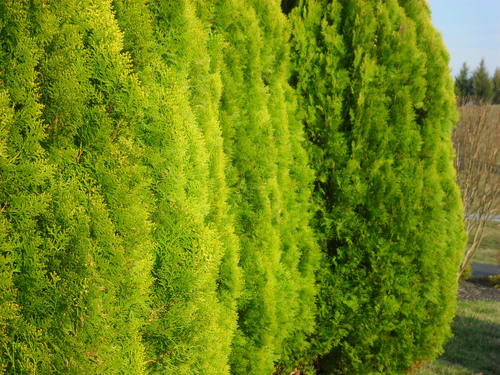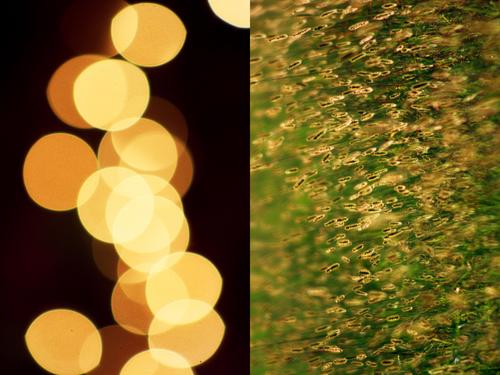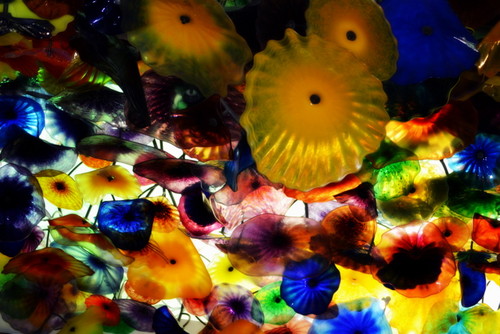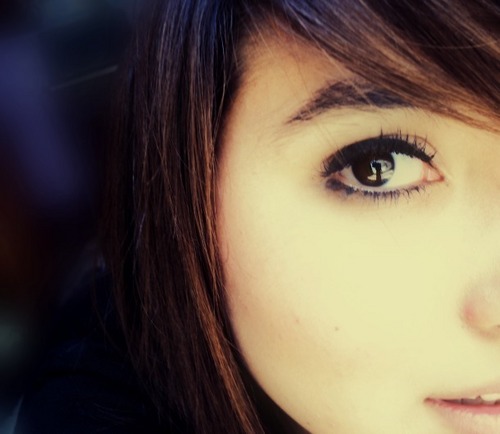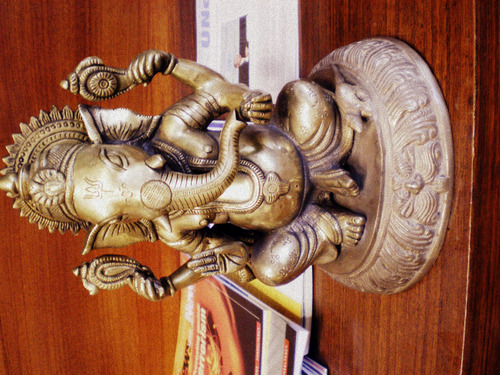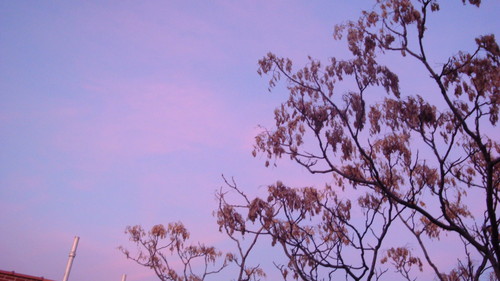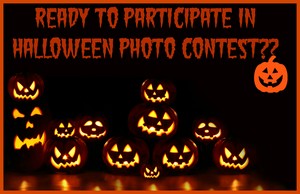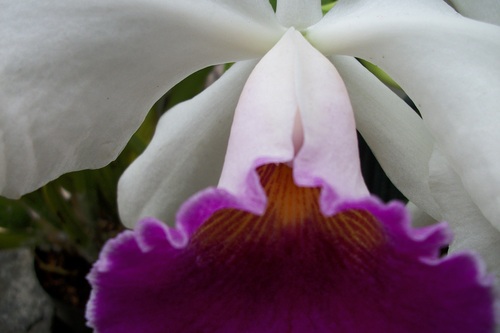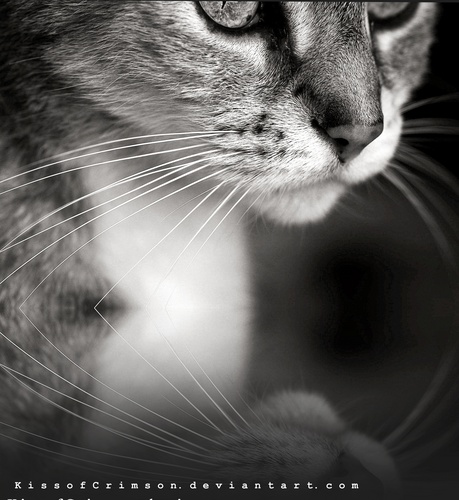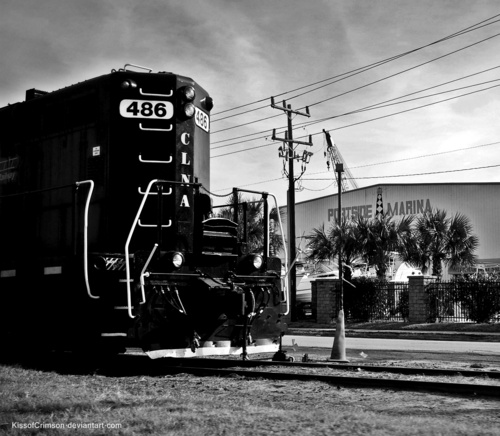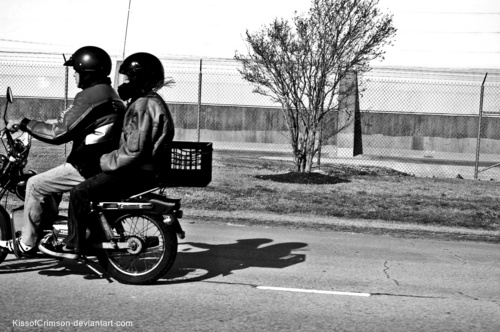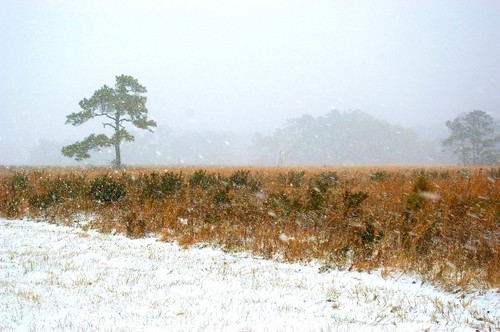The word photography is derived from a Greek word which means ‘drawing with light’. It’s a technique of clicking photos using light or electromagnetic radiations. Most amateur as well as hobby photographers use available light; whether natural or artificial, for photographing but available light is rarely sufficient enough to capture stunning images. Adding, removing, or modifying the available light is certainly a great way to illuminate your scene. Here are some things that the amateur shutterbugs must learn in order to ensure proper lighting.
Amount of light and appropriate use of lighting equipments
There are no standard rules for this. Generally, one key light with some light modifiers are enough to achieve best outcomes. However, you can always explore new techniques of using fill lights, reflectors, or any other equipment available in the photography lighting kits to achieve appropriate lighting for your photographs.
The intensity of the fill light is always less than the key light; however is a good way to balance the light deficiencies. Also, you need to separate your subject from the background and therefore, backlighting is unavoidable. Moreover, there will be situations when you would want to give a warm look to your subject. A golden reflector panel is sure to help you achieve this. In short, do not hesitate to explore the experimental techniques in order to illuminate your scene the way you desire it to appear in your image.
Proper location of the lights
Apart from evaluating the amount of light, you need to be very specific about the positioning of your the equipments of your photography lighting kit in order to achieve appropriate lighting. For better results, position the lights where it works best even if it requires some extra efforts. The positioning of the equipments depends on the type of photography you are doing. For example; if you are shooting fashion portraits, front lighting will help you hide the marks and wrinkles on the face of your subject; whereas for product photography, prefer side lighting to reveal as much details as possible. Locating your continuous lighting kits behind your subject instead of placing it on the front would provide you a silhouette effect.
Direct light or diffused light?
Direct light is rough and unpleasant for photography, as it results in hot spots and shadows. To avoid this, you must use diffused light. For getting soft or diffused light, pass it over a photographic umbrella, softbox, or any other continuous lighting kit equipment that has a diffusion panel. If you love photographing sports, nature, landscape, etc., you have to use natural direct light.
The advantage of using studio lighting is that you can easily handle it. You can control both the direction and the intensity of light and therefore; artificial light is always recommended for amateurs.
Amount of light and appropriate use of lighting equipments
There are no standard rules for this. Generally, one key light with some light modifiers are enough to achieve best outcomes. However, you can always explore new techniques of using fill lights, reflectors, or any other equipment available in the photography lighting kits to achieve appropriate lighting for your photographs.
The intensity of the fill light is always less than the key light; however is a good way to balance the light deficiencies. Also, you need to separate your subject from the background and therefore, backlighting is unavoidable. Moreover, there will be situations when you would want to give a warm look to your subject. A golden reflector panel is sure to help you achieve this. In short, do not hesitate to explore the experimental techniques in order to illuminate your scene the way you desire it to appear in your image.
Proper location of the lights
Apart from evaluating the amount of light, you need to be very specific about the positioning of your the equipments of your photography lighting kit in order to achieve appropriate lighting. For better results, position the lights where it works best even if it requires some extra efforts. The positioning of the equipments depends on the type of photography you are doing. For example; if you are shooting fashion portraits, front lighting will help you hide the marks and wrinkles on the face of your subject; whereas for product photography, prefer side lighting to reveal as much details as possible. Locating your continuous lighting kits behind your subject instead of placing it on the front would provide you a silhouette effect.
Direct light or diffused light?
Direct light is rough and unpleasant for photography, as it results in hot spots and shadows. To avoid this, you must use diffused light. For getting soft or diffused light, pass it over a photographic umbrella, softbox, or any other continuous lighting kit equipment that has a diffusion panel. If you love photographing sports, nature, landscape, etc., you have to use natural direct light.
The advantage of using studio lighting is that you can easily handle it. You can control both the direction and the intensity of light and therefore; artificial light is always recommended for amateurs.



